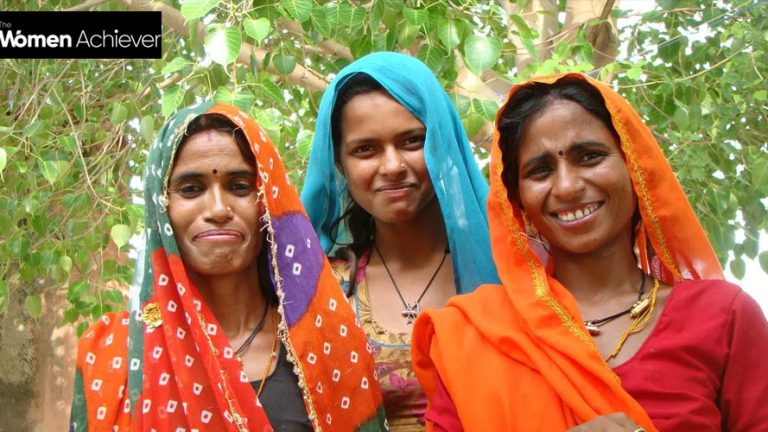Political Promises vs. Economic Realities: Will Cash Transfers Empower Bihar Women?
On Bihar’s political battlefield, cash transfer programs to empower women have hogged the limelight. From election manifesto to policy implementation, political parties are embracing Direct Benefit Transfers (DBTs) as a silver bullet for women’s financial empowerment. But once the rhetoric dies down, a major question remains: Are cash transfers actually changing the lives of Bihar’s women or mere political baubles?
The Rise of Cash Transfer Politics
In the past few years, a number of governments launched cash-based programs such as the Mukhyamantri Kanya Utthan Yojana and conditional cash transfers tied to mother and girl child education. These schemes ensure a direct line of support to women, bypassing traditional bureaucratic red tape. The underlying hope? Getting money into women’s hands, thereby giving them economic power and greater voice in household choices.
On Paper vs. On Ground
Though the intention is laudable, the execution is more nuanced.
- Accessibility: Women, especially rural Bihar women, continue to find it difficult to open or manage bank accounts on their own.
- Digital Divide: Lack of digital literacy leaves the beneficiary at the mercy of middlemen, leading to delays and deductions.
- Conditionality: Conditions on some programmes are difficult to meet for women-like school-going or institutional delivery-especially in infra-weakened zones.
Empowerment or Dependency?
The critics point out that while DBTs provide short-term relief, they do nothing to alter the root causes of gender inequality. For want of improvement in education, employment opportunity, and healthcare, cash benefits turn into a crutch rather than an engine of change. In addition, their politicization guarantees that there are discrepancies in disbursing the funds and lacking transparency.
Stories of Impact
There are success stories as well, even though the challenges have been there. On-time payments to women have been put into small businesses, school fees paid, or kept aside in case of emergencies. Gaya and Nalanda districts have seen cash inputs making self-help groups empowered women self-assured and financially stable.
What Needs to Change?
Some key actions are required for cash transfers to empower women completely:
- Improve digital and financial literacy initiatives.
- Make money release transparent and consistent.
- Use cash transfers in conjunction with the overall development goals, i.e., skill development and job creation.
- Let women be engaged in policy making to meet their real needs.
Conclusion: Well-thought-out cash transfers can lift tens of millions of Bihar’s women. But unless the entrenched economic and social constraints are tackled, these schemes will continue to be political gimmicks. Policymakers’ challenge is clear: turn election promises into lasting achievement by building systems that empower-not just coddle-Bihar’s women.






Add comment